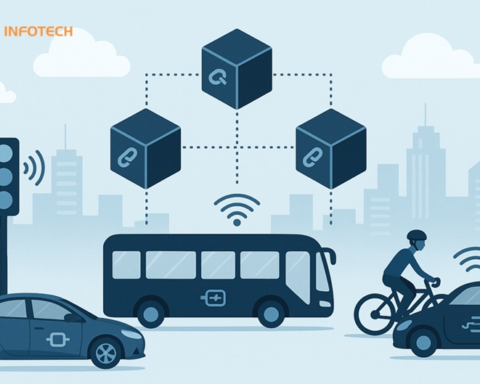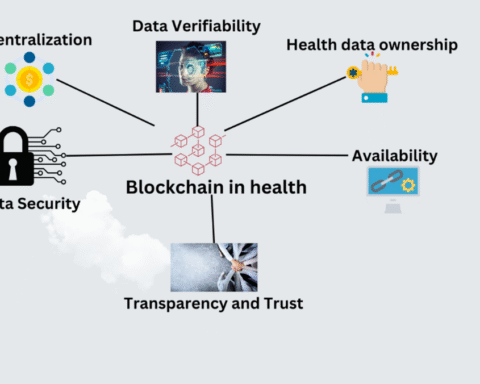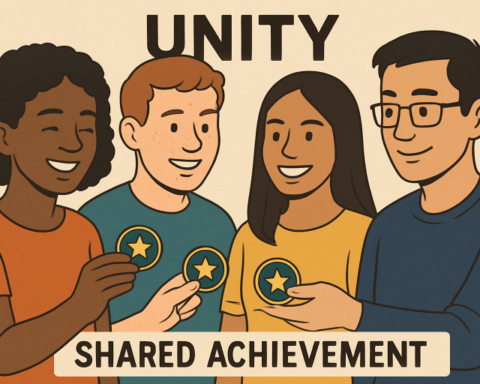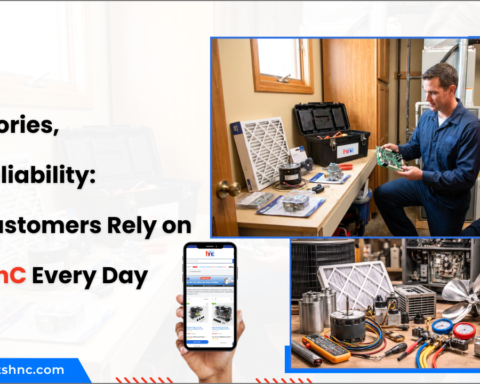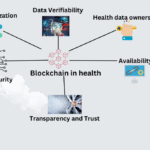Blockchain is often associated with cryptocurrencies. But this technology is no longer confined there. It now powers a range of mobile apps that help us day to day. These range from secure messaging to digital collectibles and new payment systems. Mobile apps that use blockchain technology give us improved security, transparency, and control over our data. It completely changes the way we interact with digital services. Developers are constantly looking at new ways to integrate blockchain. And this means everyday apps are more and more secure.
Blockchain Fundamentals for Mobile Applications
Broken down, blockchain is a decentralized, immutable ledger. It records transactions securely. Its structure means things are more transparent, there’s less chance of fraud, and there’s no central authority operating everything. For mobile apps, this means there are lots of benefits. Payments are faster. Data is tamper-proof. And ownership of digital assets is easily verifiable.
So, what are some examples of blockchain apps? Digital wallets, decentralized marketplaces, and even secure messaging platforms. According to Demandsage, almost 4% of the global population is using this technology. The use and adoption of this tech is only going to rise.
Improving User Experience (UX) with Blockchain
Blockchain isn’t just a backend technology. In other words, it’s not just something that refers to the systems and processes behind the scenes. Instead, this is something that directly impacts user experiences. It can mean users experience faster transactions, verified ownership, and secure reward mechanisms online, for example. Gamified elements and loyalty schemes often use blockchain because it means they’re fair and verifiable in how they distribute rewards.
Some platforms use blockchain for its ability to integrate entertainment and incentives. For example, a sweepstakes mobile app can use blockchain so users can join in games with real-time verification and secure rewards. Tokenized incentives and transparent game odds make the apps more trustworthy. Through the use of blockchain, developers create apps that are reliable, so users have confidence in using them.
Security and Privacy Advantages
One of the biggest benefits of using blockchain in mobile apps is better security. Traditional apps rely on centralized servers. These are vulnerable to hacks and data breaches. Blockchain is decentralized in its structure, which means these risks are mitigated. Encryption with this tech also means user data is private and secure.
This decentralized structure also distributes data storage across multiple nodes. This means there’s a reduced risk of a single point of failure, so financial information, personal details, and digital assets are all protected. Users who are concerned about privacy can feel more secure using blockchain apps because there’s an extra layer of protection compared to a conventional mobile service.
Financial and Digital Asset Integration
With decentralization being one of the biggest parts of blockchain technology, it’s great for financial features in apps. It means cryptocurrency payments, tokenized rewards, and digital collectibles are all possible. And users can interact with digital assets through apps.
Blockchain platforms are bridging a gap between everyday utility and finance. Users can earn, spend, or trade tokens within a single app ecosystem. This makes the apps more engaging and convenient. For example, digital loyalty rewards stored on a blockchain can be redeemed securely and instantly. This reflects the synergy between entertainment, finance, and technology.
Challenges and Considerations
Despite the benefits of blockchain, a blockchain mobile app does come with challenges. Scalability is a concern. This is because transaction speed and network congestion affect performance. Energy consumption is another issue. Especially for proof-of-work blockchains. However, more efficient protocols are emerging.
Regulatory compliance is critical. This is particularly critical when apps handle digital assets or tokenized rewards. Developers need to balance decentralization with usability. Apps need to be accessible to mainstream audiences while also adhering to legal and ethical standards.
Future Outlook
Blockchain has a promising future outlook. As adoption continues to grow, there will be more integration with things like AI, IoT devices, and augmented reality. This will mean app experiences are more personalized and highly interactive. As well as storing and managing data securely, these apps will adapt to user behavior in real time. What this means is that interactions, incentives, and rewards will all be tailored to individuals.
Platforms like sweepstakes mobile apps are already examples of this. Blockchain works by ensuring things are fair, secure, and transparent, which is a glimpse into the potential of other mobile experiences in the future.
Conclusion
Blockchain is changing and improving what mobile apps can do. It improves security and privacy, which means financial, and entertainment can be integrated better, and makes things more user-centric and interactive.
If developers use blockchain technology, they can create platforms that are reliable and engaging—and ones that are on the cutting-edge of innovation. Existing platforms using this tech (like sweepstakes mobile apps) show just how blockchain can be applied practically. Users have experiences that are more secure, rewarding, and transparent. As the technology continues to improve, we can expect blockchain to be integrated even deeper into our daily digital lives.
Read More Gorod


